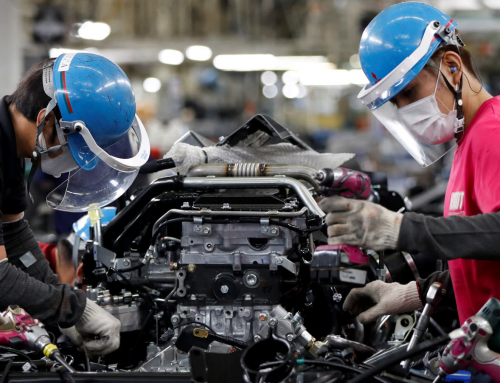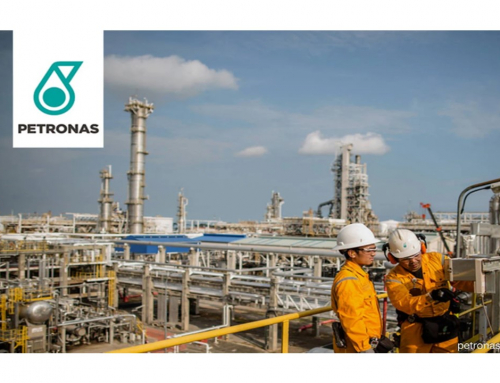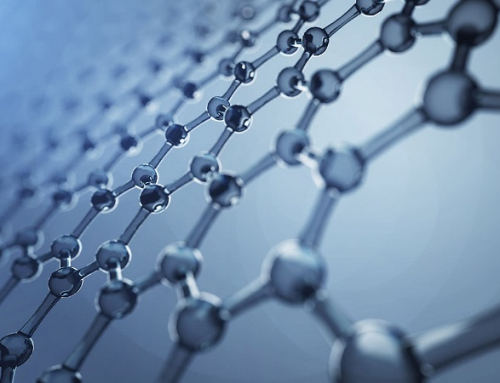
A provision shop in Bandung, Indonesia offering a variety of items packaged in plastic sachets. Resource-efficient to produce and affordable for consumers, plastic sachets have nevertheless become an environmental nuisance. Image:
The consumer goods giant will set up a pilot plastic recycling plant and a waste collection system in Indonesia, and make its circular economy technology open source. From shampoo and toothpaste to detergent powder and instant coffee, plastic sachets are a common form of packaging in developing countries that have made household goods affordable for people with limited disposable income. But with hundreds of billions of them thrown away every year, these lightweight plastic sachets have become an environmental nuisance, clogging drains and polluting public spaces. To tackle this problem and close the loop on its sachet production, consumer goods giant Unilever yesterday announced that it has developed new technology to recycle used sachets and will make the technology available to peers and rivals.

WASTE
The future for plastics is circular
Called the CreaSolv Process, the technology was jointly developed by Unilever and the Fraunhofer Institute for Process Engineering and Packaging IVV, a German firm specialising in packaging. Amita Chaudhury, sustainable business director for Southeast Asia and Australasia, Unilever, told Eco-Business that the technology enables the company to recycle every part of a used sachet.
“The sachets that are recycled through our plant will be 100 per cent recycled into another generation of plastic sachets, and the residue film can be used in creating other products, like plastic pallets.” Unilever will test the commercial viability of CreaSolv by opening a pilot plant in East Java by end 2017. “Indonesia is one of the most critical markets in terms of sachets infiltrating ocean waste. It is also our biggest sachet market, and is a natural choice for us to locate the plant,” she said. Close to one-third of all plastic manufactured ends up in the ocean, and Indonesia is the world’s second largest plastic polluter after China. Chaudhury said that single-use sachets make quality brands affordable for people in markets such as Indonesia. But there is little financial incentive for companies to recovery or recycle such small individual amounts of plastic. But the CreaSolv Process uses the same amount of energy used to produce 1 kilogram of virgin plastic to recover 6 kilograms of pure plastic polymer, according to Dr Andreas Mäurer, department head of plastic recycling at Fraunhofer IVV comment in a statement. Within the CreaSolv process, the focus is on extracting the polyethylene plastic that constitutes 60 per cent of plastic sachets. The used sachets are shredded and mixed with a solvent. The mixture is then turned into a sludge and the solvent evaporated, and the resulting material made into polyethylene pellets identical to ones made of virgin material. Pellets can then reenter the production cycle to be made into new plastic film. The byproduct of the film can also be channelled into the production of other items.






